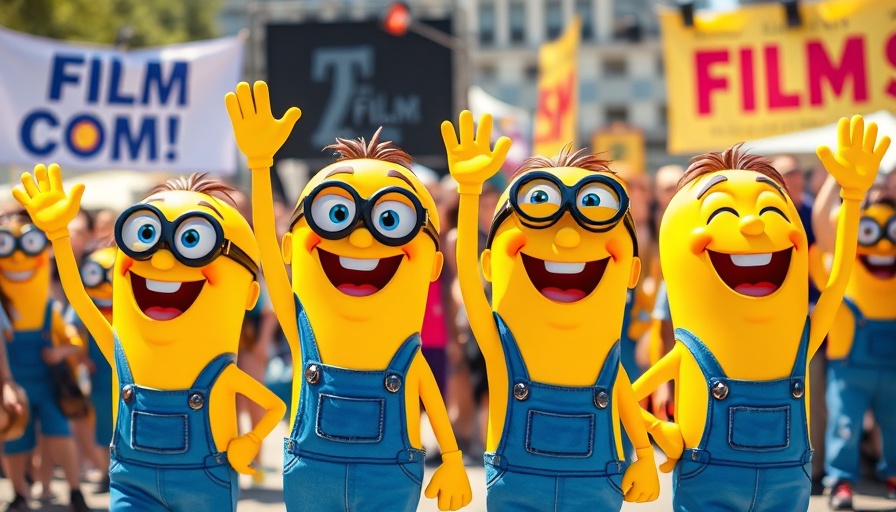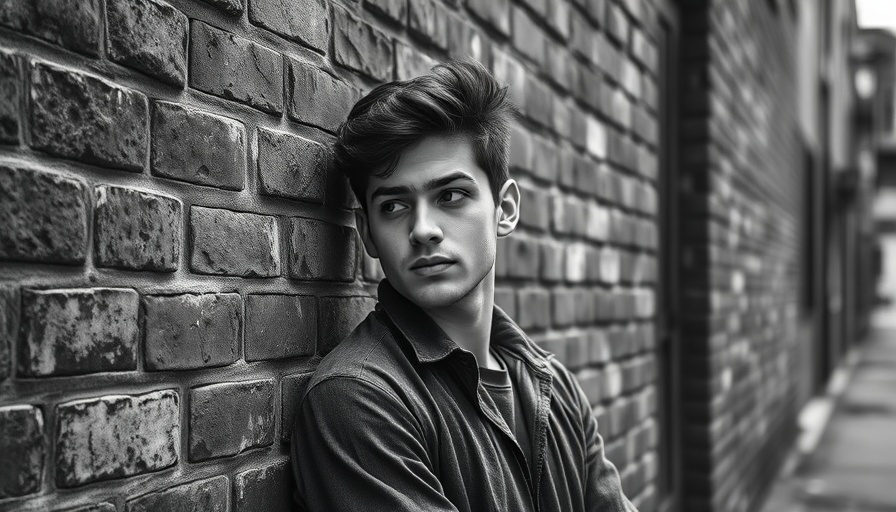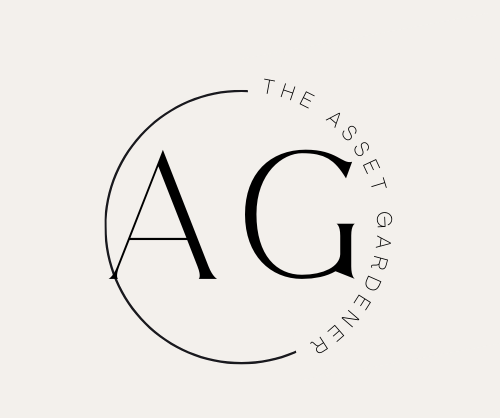
The Growing Concern Over Copyright Infringement in AI
In an unprecedented move, Disney and Universal have taken a bold stand against the AI-generated artwork market by filing a lawsuit against Midjourney, an AI image-generating startup. The studios allege that Midjourney has infringed on their copyrights by allowing subscribers to generate images that mimic their iconic characters, including Darth Vader and Homer Simpson. This legal action represents a pivotal moment in the intersection of technology and creative industries, where the definitions of ownership and originality are increasingly blurred.
The Lawsuit's Allegations: What’s at Stake?
The 110-page lawsuit filed in U.S. District Court presents a stark message: Midjourney's practices are perceived as "textbook copyright infringement." The companies argue that not only do they hold exclusive rights to commercialize their characters, but that Midjourney’s disregard for their cease and desist requests signals a broader threat to U.S. copyright law. With the entertainment industry already grappling with the impacts of digital piracy, this lawsuit could set a critical precedent that shapes how AI technology interacts with intellectual property.
The Implications for Entrepreneurs and Small Business Owners
This lawsuit hits home for small business owners and entrepreneurs in creative industries who rely on original content. As AI technology evolves, the lines between inspiration and infringement become more difficult to distinguish. For those in similar fields, understanding the legal landscape concerning AI-generated content is crucial. This case underscores the importance of safeguarding intellectual property in our increasingly digital world, reminding creators to tread carefully as they engage with these powerful new tools.
What This Means for the Future of AI and Creativity
While AI technology holds immense potential for innovation and efficiency, its place in creative endeavors is fraught with legal risks. The outcome of this lawsuit will likely influence how other startups and established companies develop and employ AI tools in their business models. The stakes extend beyond this case, as innovation and creative integrity must find a balance that protects creators while embracing the advancements brought forth by AI.
Conclusion: Taking Action in an Evolving Landscape
The lawsuit between Disney, Universal, and Midjourney signals the start of profound changes in the way we view copyrights in the age of AI. For entrepreneurs and small business owners, this is a pivotal moment to educate themselves on intellectual property laws as they navigate their own paths in an increasingly tech-driven market. It's crucial to remain informed and proactive to protect what you've worked so hard to create.
 Add Row
Add Row  Add
Add 




 Add Row
Add Row  Add
Add 
Write A Comment